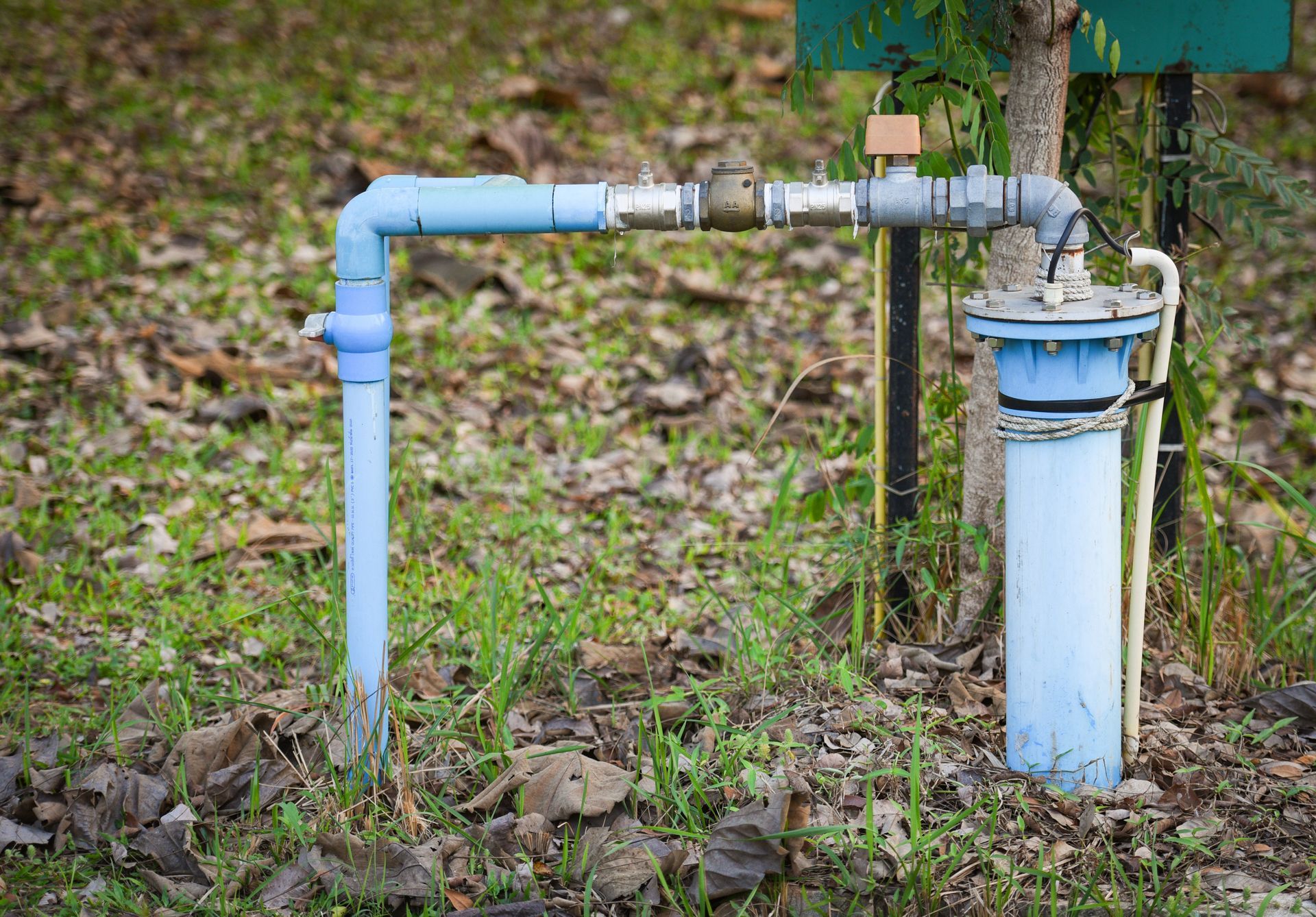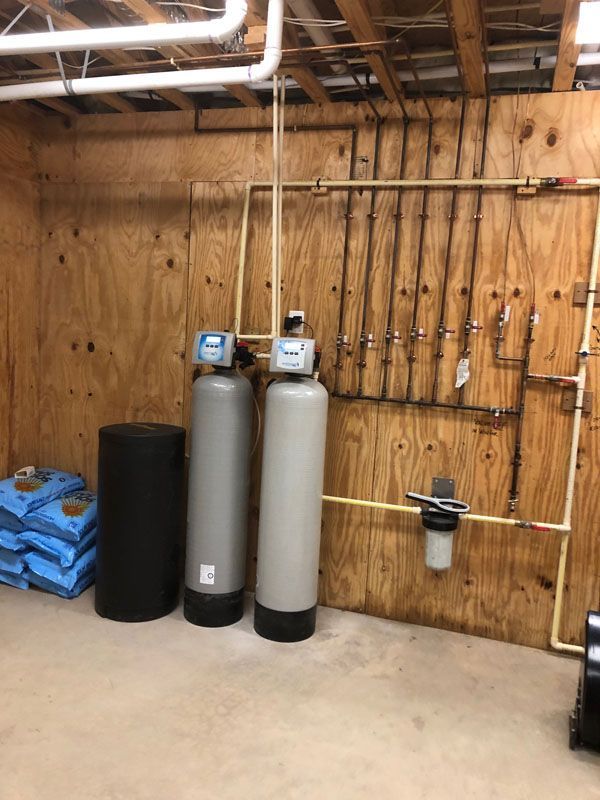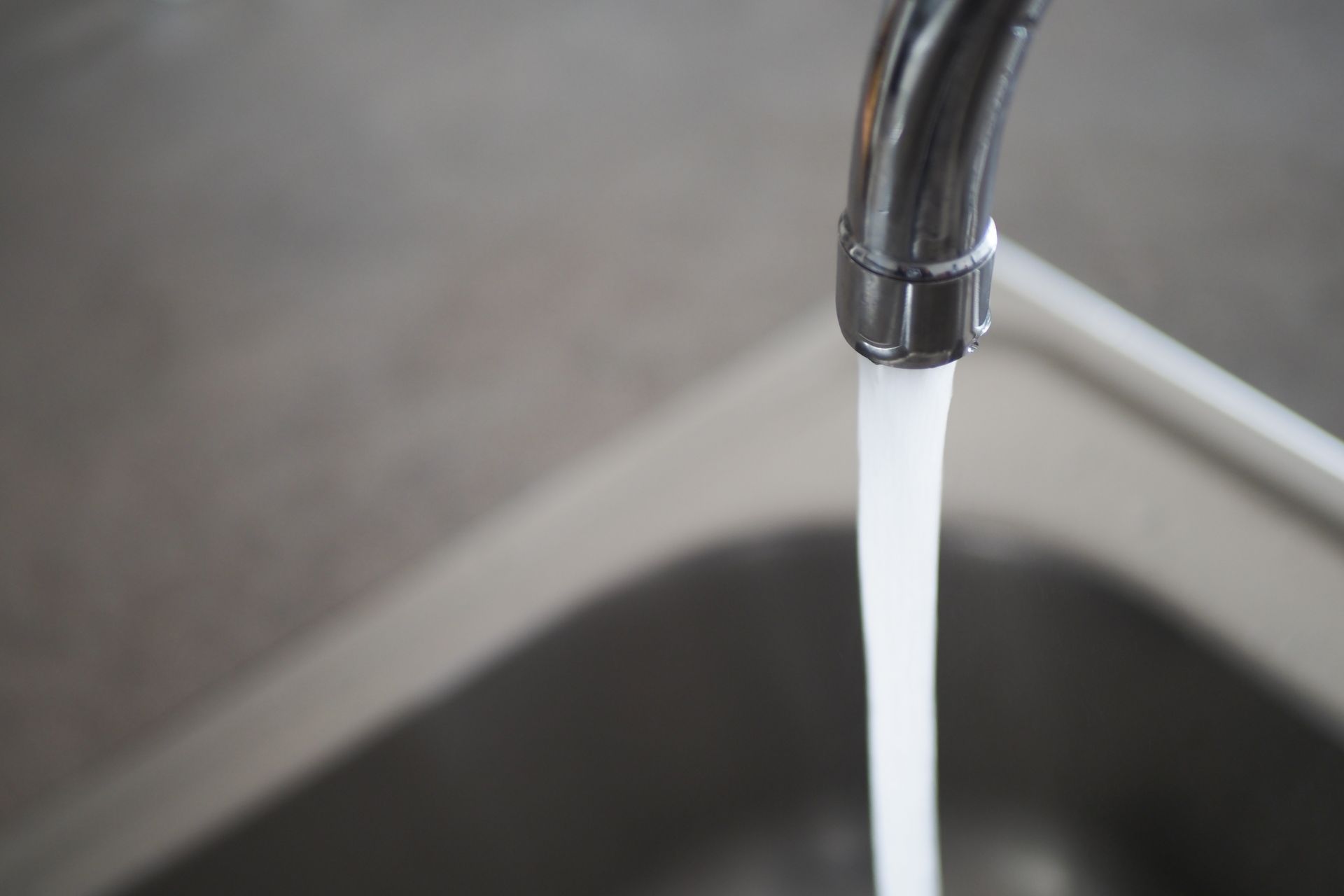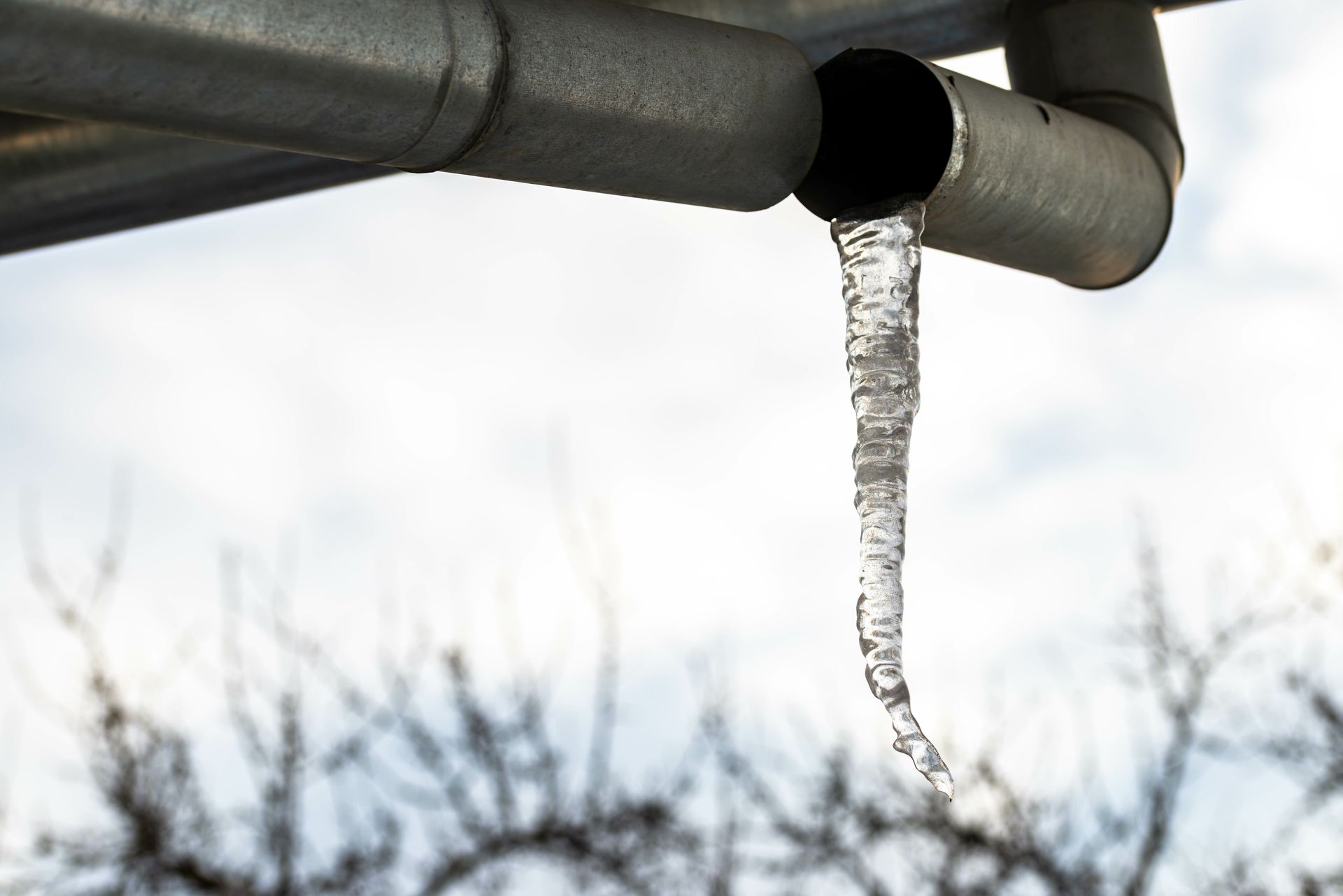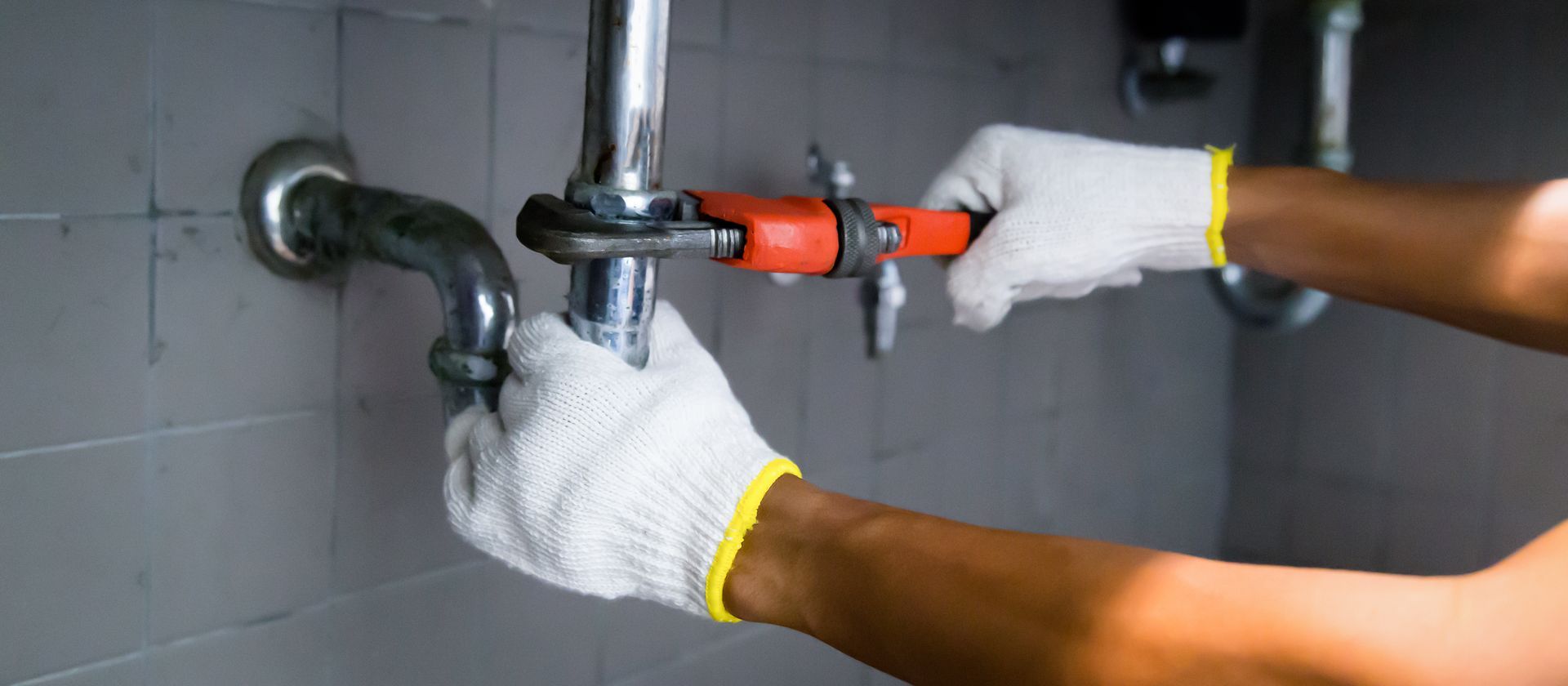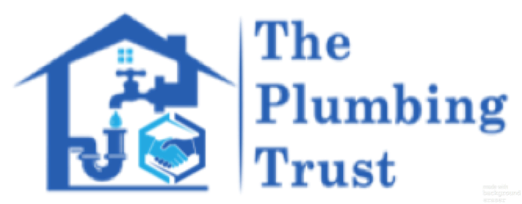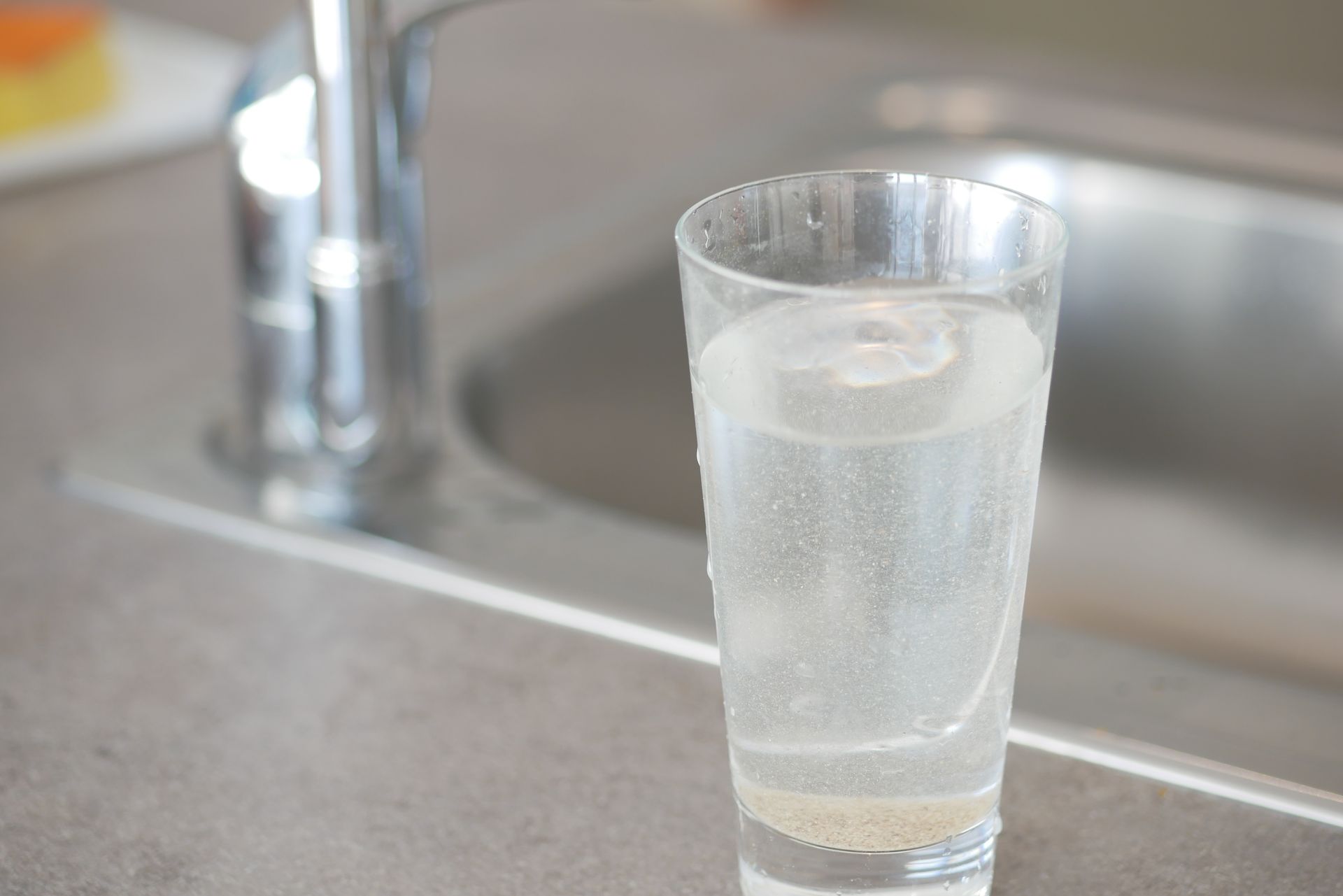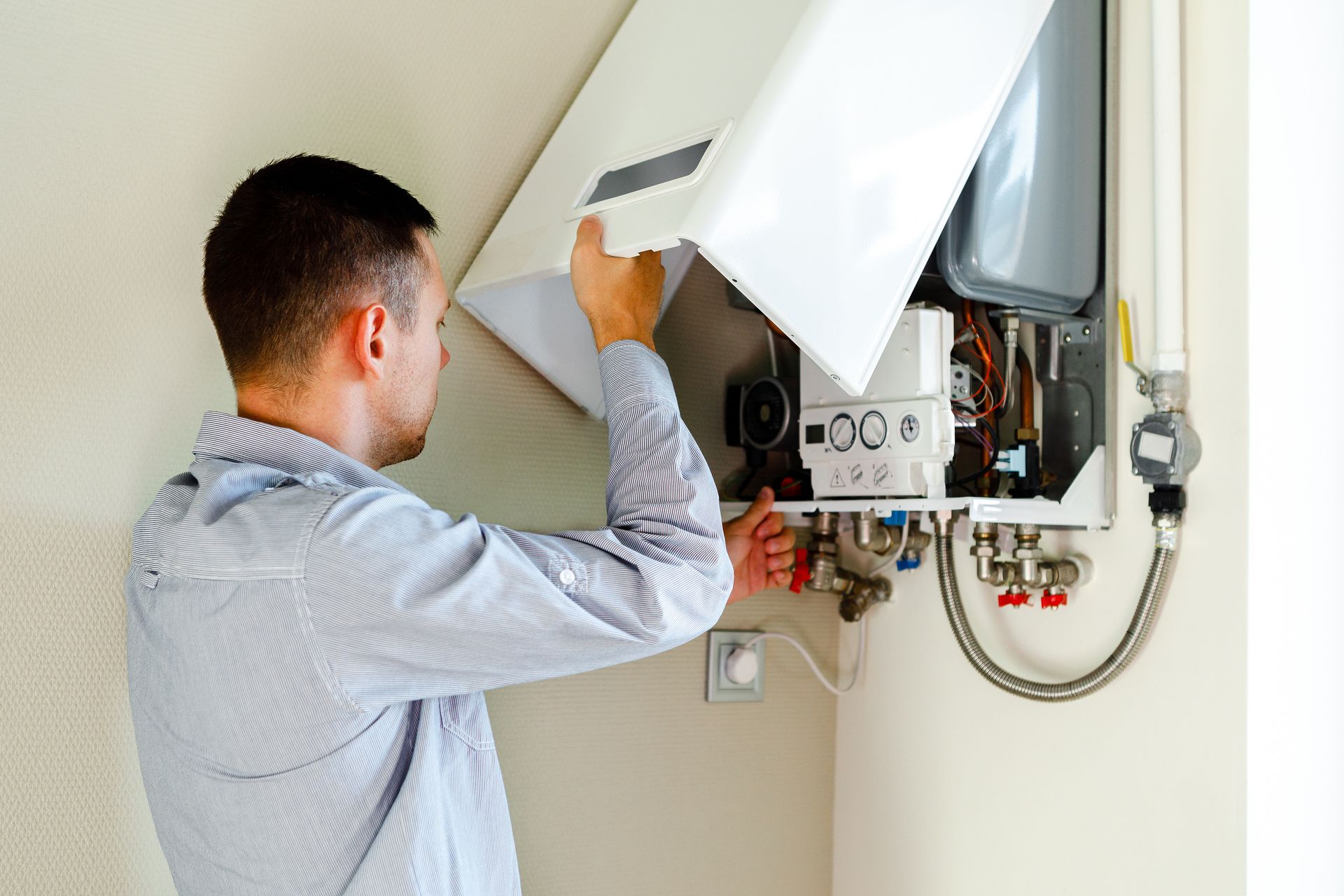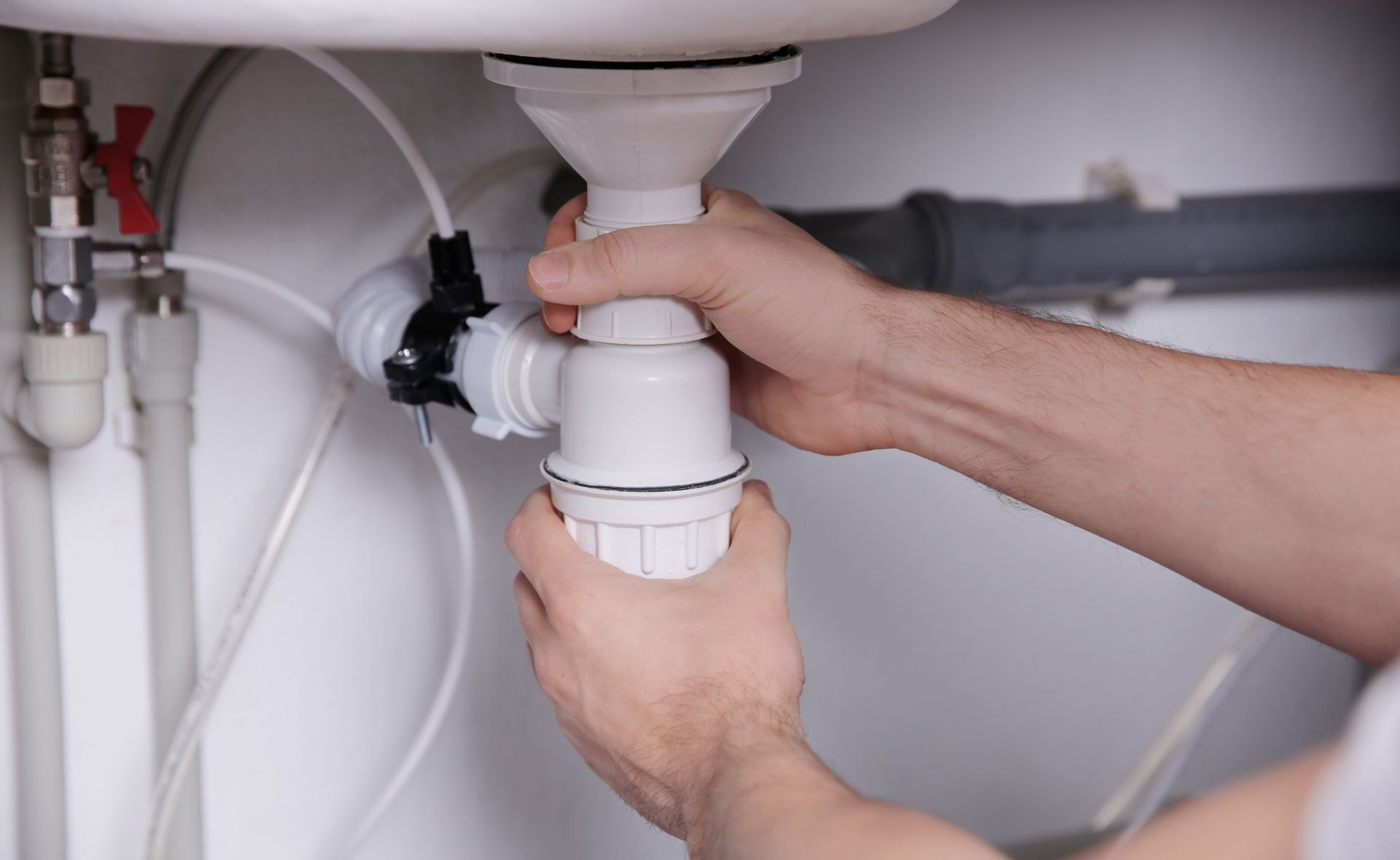Common Water Contaminants in Martinsburg, WV and How to Remove Them
Water is essential for life, but the presence of contaminants can pose significant health risks. Understanding the common contaminants in water and knowing how to remove them is crucial for ensuring the safety and health of your household. In this blog post, we'll explore the most prevalent water contaminants and discuss effective methods for their removal. At
The Plumbing Trust in Martinsburg, WV, we are dedicated to providing comprehensive water treatment solutions to ensure your water is pure and safe.
1. Microbial Contaminants
Bacteria, Viruses, and Protozoa
Microbial contaminants include bacteria, viruses, and protozoa that can cause waterborne diseases. Common pathogens include E. coli, Salmonella, and Giardia, which can lead to gastrointestinal illnesses.
Sources and Risks
These contaminants typically enter water supplies through human and animal waste. Contaminated water sources, improper sewage disposal, and agricultural runoff are common culprits. Consuming water contaminated with pathogens can cause symptoms ranging from mild stomach upset to severe dehydration and illness.
Removal Methods
- Boiling: Boiling water for at least one minute can kill most bacteria, viruses, and protozoa.
- Chlorination: Adding chlorine to water is an effective method for disinfecting and killing pathogens.
- UV Purification: Ultraviolet light can destroy microorganisms by disrupting their DNA, rendering them harmless.
- Filtration: Using a high-quality water filter that can remove pathogens is another effective method. Look for filters with a small pore size (less than 1 micron).
2. Chemical Contaminants
Pesticides, Herbicides, and Industrial Chemicals
Chemical contaminants include a wide range of substances such as pesticides, herbicides, industrial chemicals, and pharmaceuticals. These contaminants can have serious health effects, including cancer, endocrine disruption, and reproductive issues.
Sources and Risks
Chemical contaminants enter water supplies through agricultural runoff, industrial discharge, and improper disposal of household chemicals. Long-term exposure to these chemicals, even at low levels, can pose significant health risks.
Removal Methods
- Activated Carbon Filtration: Activated carbon filters can effectively remove many chemical contaminants by adsorbing them onto the carbon surface.
- Reverse Osmosis: This process forces water through a semipermeable membrane, removing a wide range of chemical contaminants.
- Ion Exchange: This method is particularly effective for removing heavy metals and other ionic contaminants from water.
3. Heavy Metals
Lead, Mercury, and Arsenic
Heavy metals such as lead, mercury, and arsenic are highly toxic and can cause serious health issues, including neurological damage, kidney problems, and cancer.
Sources and Risks
Heavy metals can enter water supplies through natural mineral deposits, industrial processes, and aging plumbing systems. For example, lead can leach into water from old lead pipes and fixtures.
Removal Methods
- Reverse Osmosis: Highly effective at removing heavy metals from water.
- Distillation: This process involves boiling water and collecting the condensed steam, leaving contaminants like heavy metals behind.
- Activated Carbon Filtration: Some carbon filters are designed to reduce heavy metals, though they may not be as effective as reverse osmosis or distillation.
4. Organic Contaminants
Volatile Organic Compounds (VOCs) and Trihalomethanes (THMs)
Organic contaminants include volatile organic compounds (VOCs) and disinfection byproducts such as trihalomethanes (THMs). These compounds can have harmful health effects, including liver and kidney damage, and increased cancer risk.
Sources and Risks
VOCs are commonly found in industrial solvents, fuel products, and household chemicals. THMs are byproducts of chlorination, a common water disinfection process. Exposure to these contaminants can occur through ingestion, inhalation, and skin contact.
Removal Methods
- Activated Carbon Filtration: Highly effective at removing organic contaminants by adsorbing them onto the carbon.
- Aeration: For some VOCs, aeration can help remove them from water by allowing them to evaporate.
- Reverse Osmosis: Effective at removing a wide range of organic contaminants.
5. Nitrate and Nitrite
Fertilizers and Sewage Runoff
Nitrates and nitrites are common contaminants resulting from agricultural runoff, septic systems, and sewage treatment plants. High levels of nitrates in drinking water can be particularly harmful to infants, causing a condition known as methemoglobinemia or "blue baby syndrome."
Sources and Risks
These contaminants primarily come from the use of fertilizers in agriculture and improper disposal of human and animal waste. High nitrate levels can interfere with the blood's ability to carry oxygen, posing a serious health risk to young children and pregnant women.
Removal Methods
- Reverse Osmosis: Effective at removing nitrates and nitrites from water.
- Ion Exchange: This method can also remove nitrates by exchanging them with other ions.
- Distillation: Boiling and condensing water can remove nitrates, though this method can be energy-intensive.
Contact The Plumbing Trust for Water Treatment Solutions
Ensuring the safety and purity of your water is essential for your health and well-being. At
The Plumbing Trust in Martinsburg, WV, we offer expert water testing and treatment services to identify and eliminate contaminants from your water supply. Our experienced plumbers are equipped with the latest technology and methods to provide comprehensive
water treatment solutions tailored to your needs. We also offer
well pump repair,
tankless water heaters,
underground utilities, and more. Contact us today at
(304) 249-4956 to schedule a consultation and take the first step toward cleaner, safer water for your home.
FAQs

